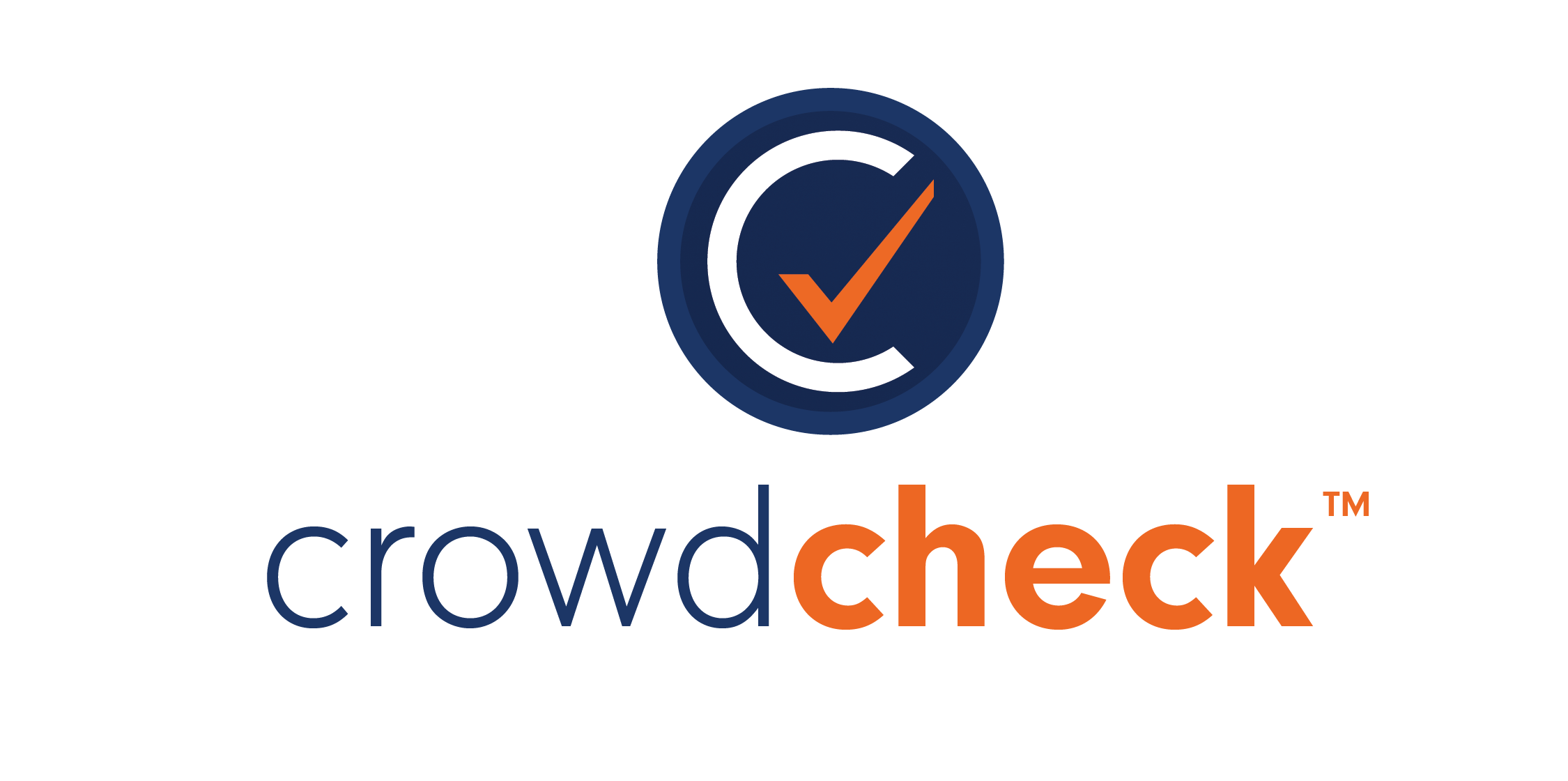Yesterday on his Rolling Stone blog, Matt Taibbi took a swing at the JOBS Act, but missed and missed hard. Mr. Taibbi asks “how does a law exempting a Silicon Valley startup from independent accounting actually encourage investment?” Well, it wouldn’t help encourage investment if that’s what it did. It doesn’t. No-one is being exempted from independent accounting. Nor are they being permitted to go to market “without publishing real numbers.” Still less are they being permitted to “make their projections up on the backs of envelopes.”
Mr. Taibbi is constructing a whole battalion of straw men and stabbing them to death with his Pointy Pen of Outraged but Inaccurate Populism.
Companies that go public still have to produce audited financial statements. That hasn’t changed. An audit means that accountants go through a company’s financial statements and test the statements made by the company. If it’s spent money on Vitamin Water coolers and ping-pong tables, an audit will generally bring that to light. No-one’s saying that auditors are perfect, but no-one other than Mr. Taibbi seems to think they’ve been banished from the process.
Here’s what actually changed. The provisions of Section 404 of the Sarbanes-Oxley Act of 2002 will not now apply to companies that are in their “emerging growth” phase. What is this provision? Well, it says that you have to have your internal accounting controls checked out by your accountants. An internal control is something that affects a piece of information that goes into a company’s financial statements. My favorite example is the clock in the loading bay dock. Let’s imagine your company manufactures jet engines. The accounting rules say you can count those engines as being “sold” when you load them on the purchaser’s truck. Let’s imagine it is almost midnight on March 31. The foreman notes that he slammed the door on the truck at 11:55pm. But oh no! The clock is running slow. And that meant a very expensive item was recorded as being sold in the first quarter, when it should have been in the second quarter. Your financials are not accurate. This is the sort of thing that a review under SOX 404 will address and correct. We all want financial statements to be as accurate as possible; however, having a bunch of accountants scampering around a growing company’s offices fiddling with the clocks is not the best use of the company’s limited resources.
Perhaps my loading bay clock example is specious, but it’s not as specious as Mr. Taibbi’s Vitamin Water coolers. Essentially, Section 404 is a burdensome provision, and it is expensive to implement. The SEC gave small businesses a series of exemptions from it for most of the decade after it was adopted, so it’s not like we are losing something we’ve been relying on forever for our information on start-ups.
Some provisions of the JOBS Act do raise genuine issues. Let’s focus on those and not get outraged about stuff that isn’t happening. It looks like Mr. Taibbi’s next blog post is going to address crowdfunding. Which is bad because Steve Case likes it, we gather. Mr. Case may also like puppies; does that mean puppies are the agents of the fiscal apocalypse?
